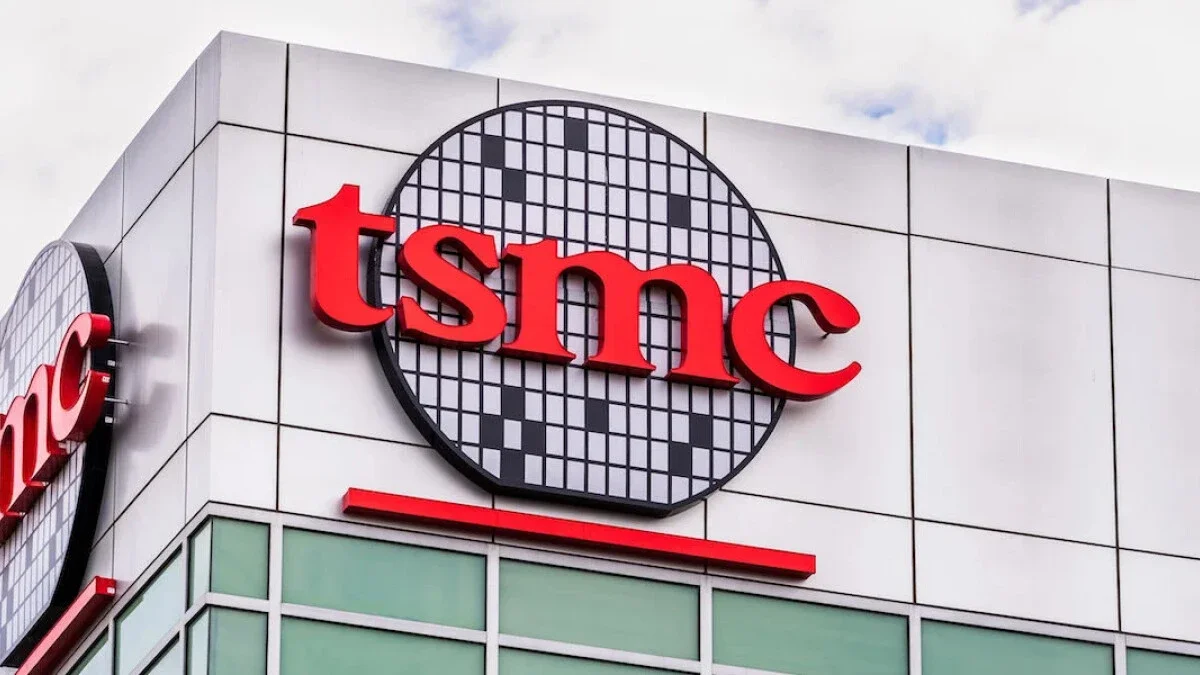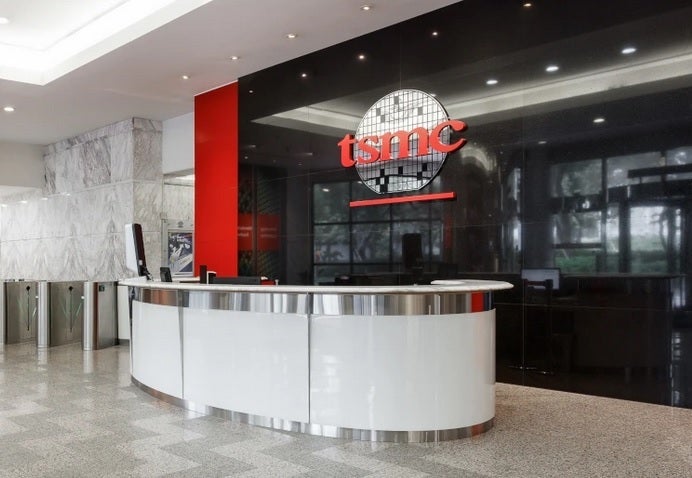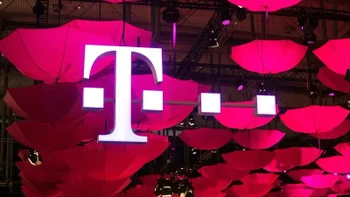TSMC's move to complete its first Arizona fab might anger some Americans

To speed up construction of the first of two fabs that it is building in Arizona, TSMC and the foundry's suppliers are sending to America 500 experienced workers from Taiwan to help finish off the construction of the fab that TSMC is supposed to have operational in the state by next year. Adding more workers to the crew is necessary since the company has fallen behind schedule and even worse, construction costs have topped expectations.
TSMC to send 500 experienced Taiwan workers to help finish building the first Arizona fab
The project is an important one for the U.S. to show that it does have the capability to produce cutting-edge chipsets on U.S. soil. Mass production at the plant has been pushed back from some time in 2024 to late 2024 and while some of the slowdown was unavoidable due to labor shortages and delays in receiving certain safety and operations permits, weakening of the global chip industryalso resulted in TSMC deciding to slow down its expansion into the U.S.

A fab that takes 30 months to start operations in Taiwan will take 36 months in the U.S.
One TSMC supplier said, "It is challenging and costly for Taiwanese cleanroom builders to communicate with foreign construction workers in an unfamiliar environment. Sending experienced construction contractors and their workers who worked with the chip suppliers before from Taiwan could save lots of time and costs." As the price to complete the fab rises out of control, sending over construction help who have worked with TSMC before should be a huge shot in the arm.
While a big celebration was made when TSMC started to move production equipment into the first factory late last year, an event that President Biden attended along with executives from key TSMC customers such as Apple, Nvidia, and AMD, multiple suppliers working on the project told Nikkei Asia that the installation of other production gear has been pushed back from early this past spring to August or later.
In Taiwan, TSMC can get a new fab up and running in 30 months while the first U.S. plant will end up taking 36 months. Peter Hanbury, working with consulting firm Bain which specializes in manufacturing and the chip industry, said that building a new facility in a new country is often a challenge.
Hanbury says, "While TSMC has a highly efficient repeatable model building several fabs every year in Taiwan, we've found that chip manufacturers can face new challenges when entering into new geographies, such as working with new suppliers with different ways of working, different construction supplier management models, stricter environmental regulations requiring design changes and stricter safety regulations impacting worker productivity." Labor shortages make these problems worse, he notes.
Also a factor in the construction slowdown is the recent drop in demand for chips. Charles Shi, an analyst with U.S. investment bank Needham, said, "TSMC's slow progress in Arizona has to do with the overall market demand weakness that has also impacted... leading-edge chip production. TSMC is a for-profit enterprise operating in a free market... Right now what is best for the business is to slow down the pace of expansion when market demand is still weak."
TSMC says the workers need to ber imported to the States as constructing enters a "critical phase"
Originally, TSMC was supposed to spend $12 billion on one fab in Arizona that would turn out 5nm chips in 2024. Now, TSMC has hiked its investment to $40 billion and will build a second fab that will produce 3nm chips by 2026 although TSMC's own road map calls for the mass production of 2nm chips by 2025. Still, regardless of how things work out, Apple CEO Tim Cook has the right idea of the potential for a growing, thriving domestic chip industry.
Back in December Cook said, "And now, thanks to the hard work of so many people, these chips can be proudly stamped Made in America. This is an incredibly significant moment." Right now there are 12,000 workers on the site and having 500 come to the U.S. from Taiwan to stay in the U.S. for a limited time will not change the timetable for the hiring of American workers.
The workers headed to the U.S. will include those with the experience needed to set up cleanrooms, install pipelines, and do other specialized tasks. One TSMC executive said, "There are not enough U.S. workers who have good first-hand experience specifically on building semiconductor manufacturing facilities, and many are not familiar with the requirements for chipmaking plants. That has caused delays in multiple installation works."
TSMC told Nikkei that now was the time to send over experienced workers from Taiwan because the construction has "reached a critical phase, handling all of the most advanced and dedicated equipment in a sophisticated facility."
Follow us on Google News














Things that are NOT allowed:
To help keep our community safe and free from spam, we apply temporary limits to newly created accounts: